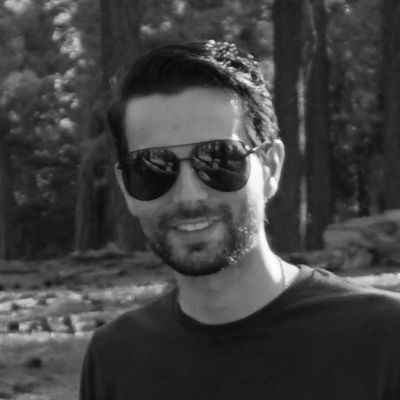ABOVE: © ISTOCK.COM, MANJURUL
Based on preliminary clinical trial data, two experimental vaccines for respiratory syncytial virus, a major cause of infant mortality around the world, seem to offer robust protection to the groups most at risk from the pathogen: newborn children and elderly adults. The dual announcements represent the most promising progress toward a vaccine for RSV to date, according to the Associated Press, following decades of roadblocks—and reluctance among pharmaceutical companies to tackle the problem after earlier clinical trials failed.
RSV is a seasonal virus that typically spreads in the fall and winter. It poses a mild, cold-like annoyance to most otherwise healthy adults, according to the AP, but each year it hospitalizes roughly 58,000 children under the age of five (several hundred of whom die from the disease) in the US, and it kills roughly 100,000 children around the world. The virus also hospitalizes approximately 177,000 and kills 14,000 adults over the age of 65 every year, globally.
Newborns, especially those born prematurely, are at particularly high risk for severe or fatal RSV but are difficult to safely immunize, according to The New York Times. The Pfizer trial was designed to test whether injecting pregnant people with the vaccine would also protect their children via antibodies that cross the placenta.
Early data from the trial—in which roughly 7,400 women from 18 countries received either a placebo or Pfizer’s vaccine—indicate that the maternal vaccine was about 82 percent effective at preventing severe RSV during the first 90 days of a baby’s life, and 69 percent effective for the first six months, according to a Pfizer announcement. The findings have not yet undergone peer review.
“Moms are always giving their antibodies to their baby,” virologist Kena Swanson, Pfizer’s vice president of viral vaccines, tells the AP. “The vaccine just puts them in that much better position.”
See “Flu/RSV Coinfection Produces Hybrid Virus that Evades Immune Defenses”
Pfizer’s study did not meet the target for preventing less severe infections set by the US Food and Drug Administration (FDA), according to Reuters, but the company still plans to file for FDA approval by the end of the year, having stopped the trial after seeing early success in preventing severe illness.
GSK announced in October that its own vaccine was around 83 percent effective at preventing RSV lower respiratory tract disease in adults older than 60 in a Phase 3 clinical trial, and 94 percent effective at preventing severe cases of the disease. GSK’s vaccine is already being reviewed by regulatory agencies in Europe and Japan, and the FDA is expected to begin a review by the end of the year, according to the Times.
As the Times notes, children are being hospitalized for RSV cases earlier this year and with more severe symptoms than usual, perhaps in part because life under the COVID-19 pandemic prevented them from developing immunity to the disease. According to the AP, neither vaccine will be ready or approved in time to help with the surge in cases which is already straining hospitals and expected to worsen through the winter. However, the new data makes it feasible to expect that at least one of the vaccines will be available for next year’s RSV season.
“We’re very hopeful everything can be done in time to vaccinate mothers before the next RSV season,” Annaliesa Anderson, chief scientific officer of vaccine research and development at Pfizer, tells The Washington Post. “We’re about to come into a very heavy RSV season. We’re seeing hospitals filling up. Everyone appreciates the urgency that can really help to prevent this.”
See “CRISPRed B Cells Produce Antibodies Against Hard-to-Treat Viruses”
According to the AP, work toward an RSV vaccine began decades ago, but was halted for years after a failed vaccine developed in the 1960s, based on the same technology as the polio vaccine, was shown to worsen RSV symptoms in children, resulting in two deaths.
“For a period of 20 years, even though science was advancing, nobody wanted to go near development of an RSV vaccine,” William Schaffner, an infectious disease specialist at Vanderbilt University who didn’t work on the vaccines, tells the AP. But in view of the new clinical trial results, Schaffner says, “My fingers are crossed. We’re making inroads.”





